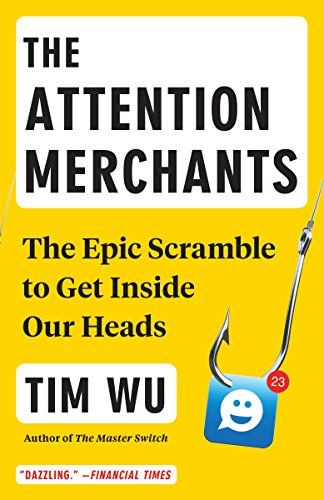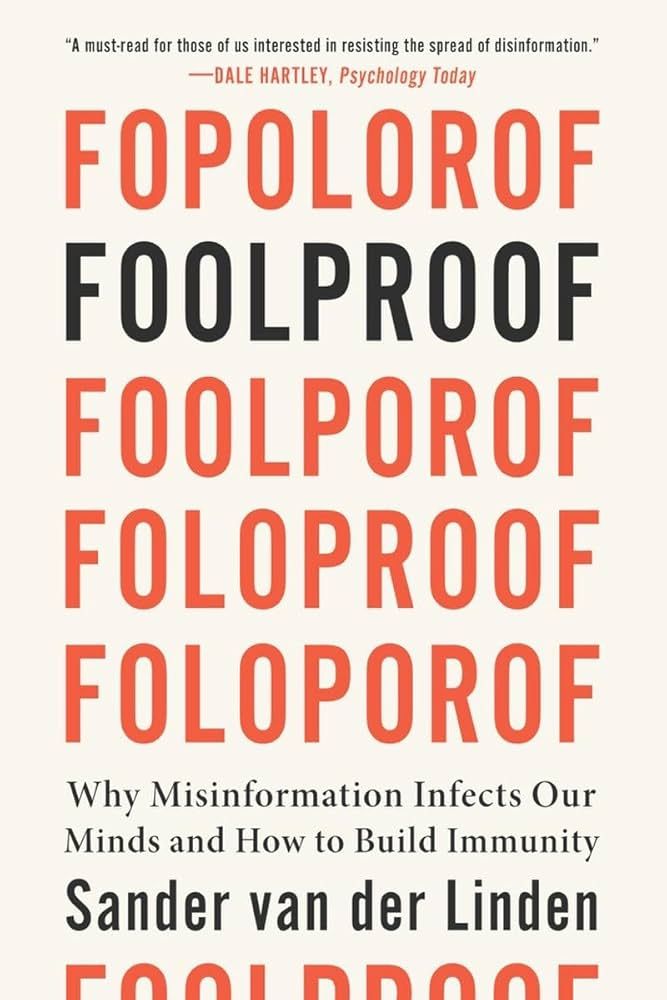I don’t need to tell you that we’re living in an unprecedented moment of disinformation, misinformation, and conspiracy theories. While lies, spin, and conspiracies have always been a part of media, it’s frightening how quickly they can spread and how big their effects can be now. Elections can be decided based on voting informed by misinformation.
The Misinformation Age: How False Beliefs Spread by Cailin O’Connor and James Owen Weatherall
Let’s start out with some broad background on misinformation. In this 2020 book by two philosophers, they explore why people believe things that aren’t true, how misinformation spreads, and why truth still matters — which is a wild thing to have to argue, but that’s the era we’re living in! The Misinformation Age also includes scientific case studies to show how results are misinterpreted once they hit headlines. It comes recommended by Scientific American, New York Times Book Review, and Kirkus Reviews. This doesn’t have examples from the last few years, but since the focus is more broad, that shouldn’t be a deterrent.

The Attention Merchants: The Epic Scramble to Get Inside Our Heads by Tim WuTim Wu served as Special Assistant to the President for Technology and Competition Policy from 2021 to 2023 and is currently a law professor at Columbia University. He also coined the term “net neutrality.” In this 2017 book, Wu offers some historical context to our new economy of attention, tracing its origin to newspaper sales and following its evolution up to now. Like The Misinformation Age, this isn’t up-to-date to 2024, but it offers context that is still relevant — and it reminds us why it’s important to be scrupulous about what we give our attention to. |

Foolproof: Why Misinformation Infects Our Minds and How to Build Immunity by Sander van der LindenWith that background out of the way, let’s get into some tips on how to combat misinformation! This is the author who I linked to in the introduction: van der Linden offers evidence that we can “prebunk” misinformation in order to be better prepared to spot it in the wild. He is a Professor of Social Psychology at the University of Cambridge who also acts as an advisor to governments in combatting misinformation. The paperback came out this year, so this is a great up-to-date option. Content for paid subscribers continues below. |
This content is for members only. Visit the site and log in/register to read.
Pro tip: if you’re having trouble finding media literacy books, searching for “misinformation,” “disinformation,” or even “fake news” books may bring up more results. Also, consider asking your local librarian for recommendations; they’re experts on the subject, and it will also check off task #9 of the Read Harder Challenge.
You might also be interested in How to Increase Your Information Literacy and What Is Media Literacy and How Can You Increase Your Own?
What are you reading for this task? Let’s chat in the comments!
Check out all the previous 2024 Read Harder posts here.
The comments section is moderated according to our community guidelines. Please check them out so we can maintain a safe and supportive community of readers.







